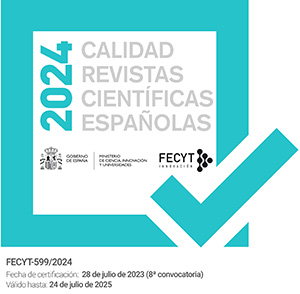The enhancement of landscape through education proposal for the development of the island of Vieques (Puerto Rico)
DOI:
https://doi.org/10.5944/etfvi.6-7.0.14857Keywords:
cultural landscape, navy, quality of life, employment, tourism, educationAbstract
The island of Vieques, Puerto Rico, is a landmark not only for the Puerto Ricans who inhabit it, but for the population nationally and internationally known for their long struggles against the United States Navy out of the enclave, occupied for sixty years. Ten years after the withdrawal of the military body, Vieques faces great social, economic and educational challenges. This article describes specific events of the historical and cultural development of the island, framed within a set of social symbols that are based on natural and cultural framework. Finally, this article describes and presents self-management business through sustainable tourism as an educational strategy for the implementation of the value of the natural and cultural landscape as a fundamental condition for the success of the pilot project ‘My resources and I are Puerto Rico’ from University of Puerto Rico.Downloads
Downloads
How to Cite
Zorrilla Lassus, M. del C. (2015). The enhancement of landscape through education proposal for the development of the island of Vieques (Puerto Rico). Espacio, Tiempo y Forma. Serie VI. Geografía, (6-7), 281–314. https://doi.org/10.5944/etfvi.6-7.0.14857
Issue
Section
Artículos
License
Authors who publish in this journal agree to the following terms:
- Authors retain copyright and grant the journal right of the first publication with the work simultaneously licensed under a license Creative Commons Reconocimiento-NoComercial 4.0 Internacional that allows others to share the work with an acknowledgement of the work's authorship and initial publication in this journal.

- Authors are able to enter into separate, additional contractual arrangements for the non-exclusive distribution of the journal's published version of the work (e.g., post it to an institutional repository or publish it in a book), with an acknowledgement of its initial publication in this journal.
- Authors are permitted and encouraged to post their work online (e.g., in institutional repositories or on their website) prior to and during the submission process, as it can lead to productive exchanges, as well as to earlier and greater citation of the published work (See The Effect of Open Access).







